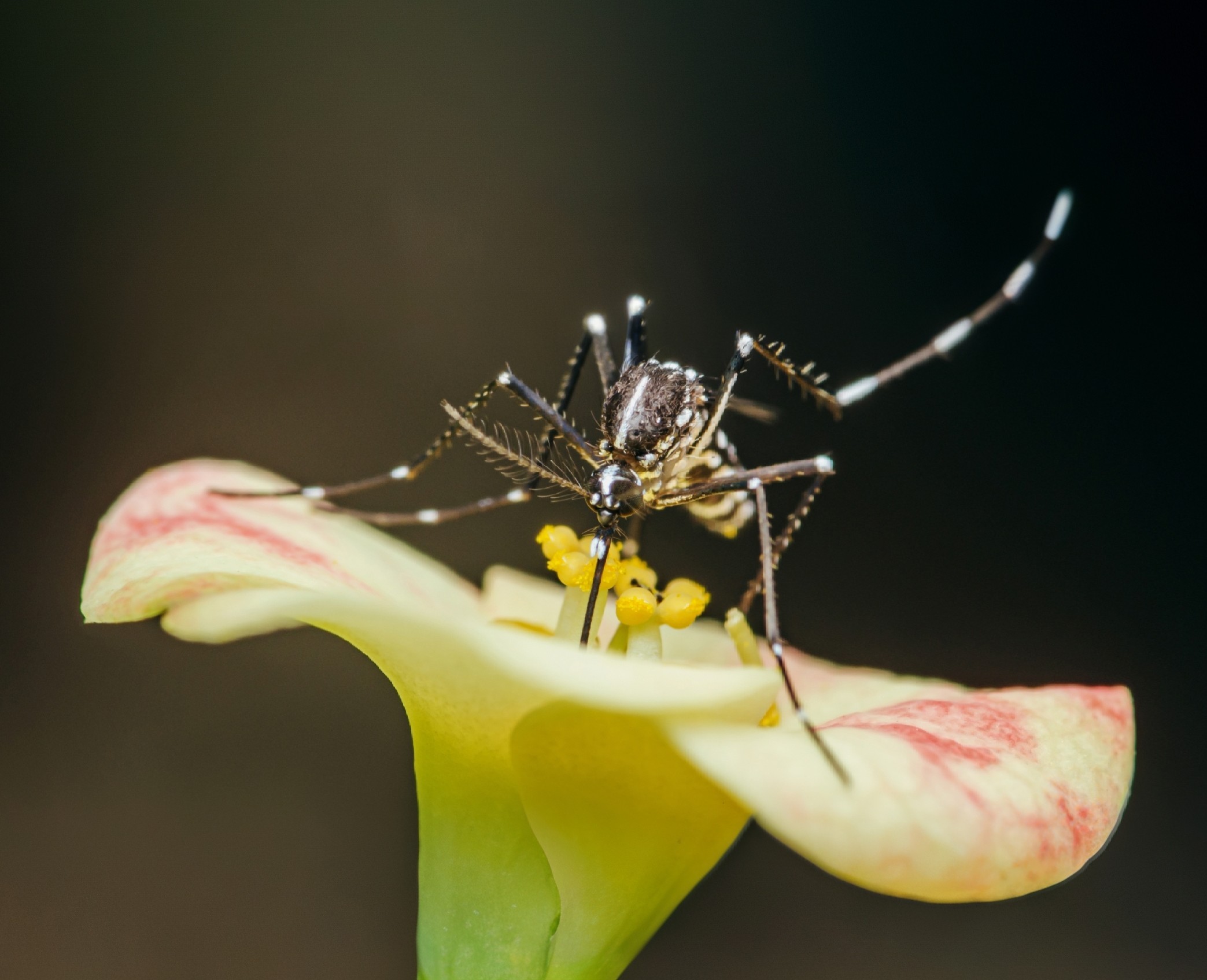Is Rising Heat Fueling a Surge in Dengue Fever Cases?

Published: 2025-09-13 12:45:12 | Category: Uncategorized
The rise of dengue fever, a potentially deadly mosquito-borne illness, is closely linked to climate change and increasing temperatures. Once confined to tropical regions, the disease is now spreading to areas that previously faced little risk, raising significant public health concerns as warmer climates create ideal breeding conditions for mosquitoes.
Last updated: 26 October 2023 (BST)
Key Takeaways
- Dengue fever is spreading due to climate change, with warmer temperatures facilitating mosquito populations.
- Between 1995 and 2014, warmer temperatures were responsible for 18% of dengue infections in 21 studied countries.
- Future projections suggest a potential increase of 49% to 76% in cases by 2050.
- Areas previously unaffected, including parts of the US and Europe, are starting to see dengue cases.
- Effective prevention and adaptation strategies are crucial to combat the spread of dengue.
The Rising Threat of Dengue Fever
Dengue fever, transmitted by the Aedes mosquito, has become a pressing health issue as it migrates beyond its traditional tropical confines. The disease, characterised by high fever, severe headaches, and muscle and joint pain, can escalate to severe dengue, resulting in internal bleeding, organ failure, and death. The World Health Organization (WHO) estimates that there are about 390 million dengue infections annually worldwide, with around 96 million manifesting clinically.
Understanding the Link Between Temperature and Dengue Transmission
Research indicates that the transmission of dengue fever is highly sensitive to temperature changes. A comprehensive study analysing 1.4 million dengue records across 21 countries in Central and South America, as well as Southeast and South Asia, provides new insights into this relationship. The findings reveal that even minor temperature increases significantly affect the incidence of dengue infections.
Temperature's Impact on Mosquito Activity
The Aedes mosquito, the primary vector for the dengue virus, thrives within a specific temperature range, with peak activity occurring around 28°C (82°F). This optimal temperature enables faster replication of the dengue virus within the mosquito. As various regions warm, they are reaching this critical threshold, leading to increased mosquito breeding and a higher likelihood of dengue outbreaks.
Historical Context and Current Trends
Historically, dengue fever was largely confined to tropical areas such as Brazil, the Philippines, and parts of Southeast Asia. However, recent climate trends suggest a rapid geographical expansion of dengue transmission. Between 1995 and 2014, warmer temperatures accounted for nearly 18% of dengue infections in the studied regions. This trend indicates that climate change is not merely a future concern but is already impacting public health.
Projected Increases in Dengue Cases
Looking ahead, projections estimate that without significant intervention, dengue cases could rise between 49% to 76% by 2050. This alarming forecast suggests that regions currently home to over 260 million people could face unprecedented dengue outbreaks. The implications for public health systems and responses are profound, as more individuals become vulnerable to this disease.
Emerging Risks in New Regions
As the global climate continues to warm, previously unaffected areas are witnessing the emergence of dengue cases. Reports of dengue infections have surfaced in various locations across the United States, including California, Texas, Florida, and Hawaii, as well as in southern Europe. This expansion poses new challenges for health authorities in regions that are ill-prepared to manage outbreaks.
Challenges in Data Collection and Analysis
The study's findings may represent an underestimation of the actual dengue burden. Areas with unreliable data, such as large parts of India and Africa, were not included in the analysis. Additionally, regions where dengue is emerging, such as the United States and parts of Europe, remain difficult to quantify due to limited historical data.
Strategies for Prevention and Adaptation
Addressing the dengue crisis necessitates a dual approach: prevention and adaptation. On the prevention front, aggressive action to reduce carbon emissions is critical. This requires increased investment in clean energy and a transition away from fossil fuels, which contribute to global warming.
Enhancing Health Systems and Control Measures
Even with robust prevention efforts, adaptation strategies are essential. Health systems must prepare for increased dengue cases by expanding mosquito control programmes and improving access to vaccines. Public health authorities need to bolster their response capabilities to mitigate the impact of rising dengue infections.
The Broader Implications of Climate Change on Health
Climate change extends beyond environmental concerns; it has profound implications for human health. As highlighted by the research, climate warming exacerbates disease transmission by mosquitoes, leading to increased human suffering. The urgency to invest in climate mitigation and health research is paramount to safeguard communities against the escalating threat of diseases like dengue fever.
Conclusion
The findings of this study are a stark reminder that the effects of climate change are already manifesting in serious health challenges. Dengue fever's emergence in new regions underscores the need for immediate action. If significant changes are not made swiftly, the public health repercussions could escalate dramatically in the coming years.
What proactive measures will your community take to combat the rising threat of dengue fever? #DengueFever #ClimateChange #PublicHealth
FAQs
What is dengue fever?
Dengue fever is a mosquito-borne viral infection that can cause severe flu-like symptoms and potentially lead to serious complications, including severe dengue, which can be fatal.
How is dengue transmitted?
Dengue is primarily transmitted through the bites of infected Aedes mosquitoes, particularly Aedes aegypti and Aedes albopictus.
What are the symptoms of dengue fever?
The symptoms of dengue fever typically include high fever, severe headaches, joint and muscle pain, rash, and mild bleeding. Severe cases can lead to organ failure and death.
Can dengue fever be prevented?
Preventive measures include mosquito control strategies, such as eliminating standing water, using insect repellent, and ensuring proper housing to reduce mosquito exposure.
Are there vaccines for dengue fever?
Yes, there are vaccines available for dengue fever, such as Dengvaxia, but their use is recommended only in specific populations who have previously been infected with the virus.



